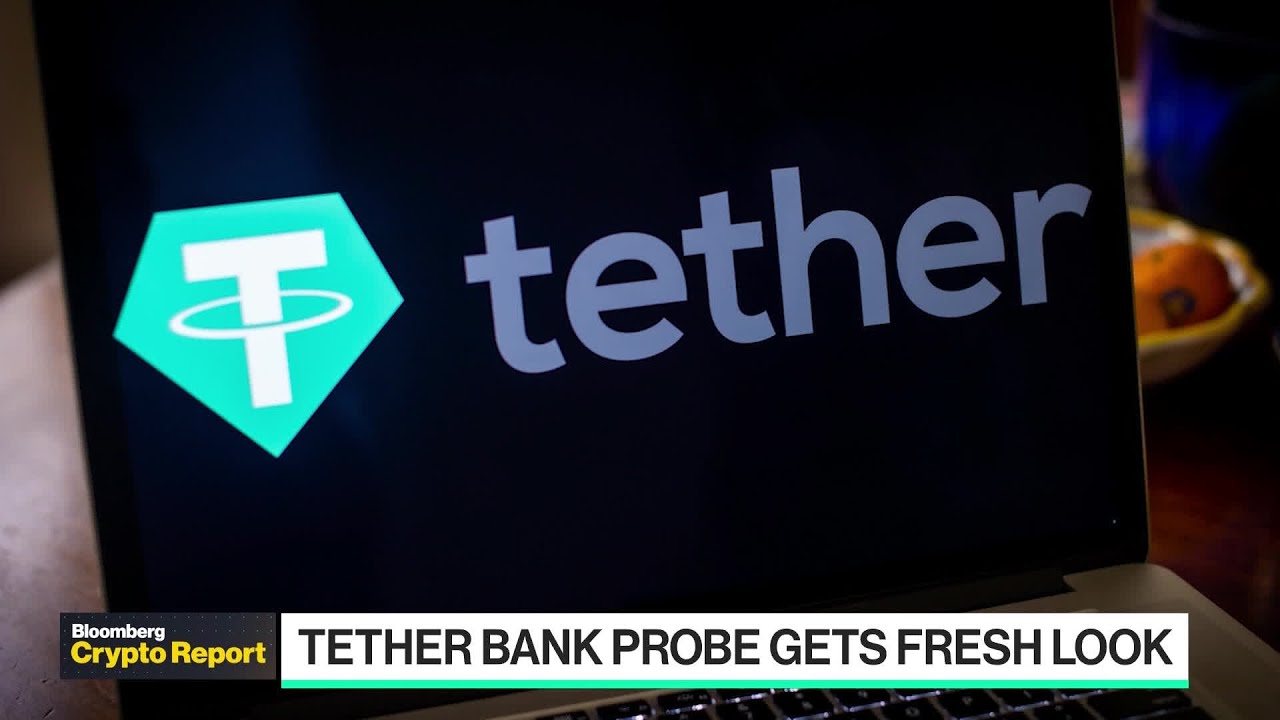
In the world of cryptocurrency, there is a fresh look into a Tether bank-fraud probe by the Justice Department. This investigation, which has been ongoing for years, aims to determine the accuracy of the statements made by Tether regarding their financial resources and the information provided to banks during transactions. As the third largest cryptocurrency, it is crucial to ensure the integrity of Tether’s claims, especially considering its role as a stable coin designed to serve as a digital substitute for the U.S. dollar. With billions of dollars at stake, the outcome of this probe holds significant implications for the market and its ability to function effectively.
Tether’s importance to the crypto ecosystem cannot be underestimated. When it was launched in 2014, stability was scarce in the industry, and Tether offered a secure way to store and transact with dollars without the volatility that plagued other cryptocurrencies. As a result, it has become a popular choice for traders, who often use it in conjunction with Bitcoin and Ethereum. However, increased regulatory scrutiny from agencies like the CFTC has raised questions about the accuracy of Tether’s claims, making the ongoing bank-fraud probe by the Justice Department a critical development. The likelihood of criminal charges remains to be seen, but the outcome will undoubtedly shape the future of this influential cryptocurrency.
Crypto Report: Tether Bank Probe Gets Fresh Look
Cryptocurrency giant Tether is currently under investigation by the Department of Justice (DOJ) in the United States. The DOJ is looking into several aspects of Tether’s operations, including their statements, bank fraud violations, and the accuracy of their dealings with banks. This probe has sent shockwaves through the crypto community, as Tether’s role and importance in the cryptocurrency ecosystem cannot be overstated.
What is the DOJ investigating?
The Department of Justice has launched an investigation into Tether’s statements and whether they have accurately represented their financial position. There are concerns that Tether may have misled investors by claiming to be fully backed by the U.S. dollar. The DOJ is also looking into potential bank fraud violations, focusing on whether Tether has engaged in fraudulent practices in its dealings with banks. Furthermore, they are investigating the accuracy of the information that Tether has provided to these financial institutions.

This image is property of i.ytimg.com.
Background on Tether
Tether, currently the third largest cryptocurrency by market capitalization, was launched in 2014. It positions itself as a stablecoin, aiming to maintain a value on par with the U.S. dollar. This stability is achieved by backing each Tether token (USDT) with an equivalent amount of U.S. dollars held in reserves. The main purpose of Tether is to provide a digital representation of traditional fiat currencies, allowing users to transact swiftly and securely on the blockchain.

This image is property of assets.bwbx.io.
Importance of Tether in the crypto ecosystem
Tether plays a vital role in the cryptocurrency ecosystem, serving as a crucial bridge between traditional finance and the world of digital assets. Its primary function as a stablecoin offers a reliable and convenient way for traders and investors to hedge against volatility in other cryptocurrencies like Bitcoin and Ethereum. By providing a stable value pegged to the U.S. dollar, Tether gives users a familiar reference point in an otherwise highly volatile market. It has become an integral tool for many crypto enthusiasts.
This image is property of s.yimg.com.
Regulatory probes faced by Tether
Tether has faced regulatory scrutiny in the past, with one particular investigation initiated by the U.S. Commodity Futures Trading Commission (CFTC). The CFTC was concerned about the level of cash reserves held by Tether to back its tokens. There were allegations that Tether did not possess sufficient assets to support the number of USDT tokens in circulation, raising questions about the stability and legitimacy of the stablecoin.
Other regulatory agencies have also expressed concerns about Tether’s operations. These agencies have focused on issues such as transparency, integrity, and market manipulation. Tether has faced allegations of artificially inflating the market price of Bitcoin by issuing unbacked tokens, an accusation that could have far-reaching consequences for the stability of the entire cryptocurrency market.

This image is property of u.today.
Likelihood of criminal charges
Tether, in a bid to preempt potential criminal charges, has requested a declination letter from the Department of Justice. A declination letter is a formal response from the DOJ stating that they have decided not to pursue charges against the party involved. Tether’s request suggests that they are aware of the seriousness of the ongoing investigation and are actively seeking to avoid criminal charges.
The ultimate decision on whether to pursue criminal charges against Tether lies with the Department of Justice. Depending on the findings of their investigation, the DOJ may choose to press charges against Tether and its key executives. The outcome of this investigation carries significant implications for the entire cryptocurrency market, as the legal actions taken against Tether could impact the confidence and stability of other cryptocurrencies.
In conclusion, the ongoing probe by the Department of Justice into Tether’s operations has raised serious concerns within the crypto community. The investigation’s focus on Tether’s statements, potential bank fraud violations, and accuracy in dealings with banks highlights the need for transparency and accountability within the cryptocurrency market. As Tether is one of the largest and most widely used stablecoins, any legal actions against it could have far-reaching consequences for the overall stability and credibility of the cryptocurrency ecosystem. Investors and traders eagerly await the DOJ’s decision on pursuing criminal charges, as it will undoubtedly shape the future of Tether and potentially redefine the regulatory landscape for the entire cryptocurrency market.




